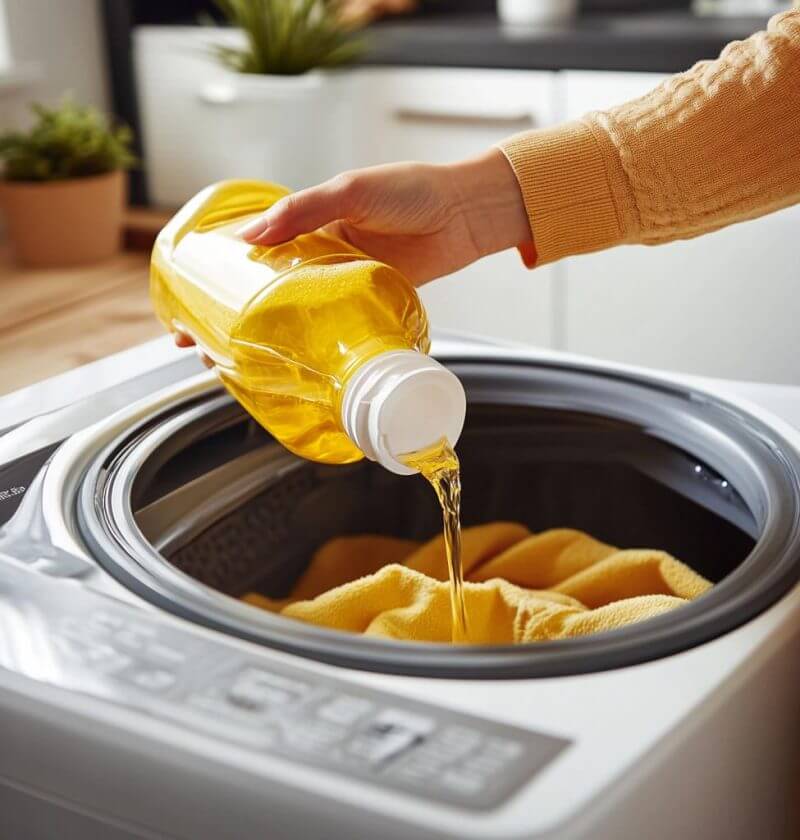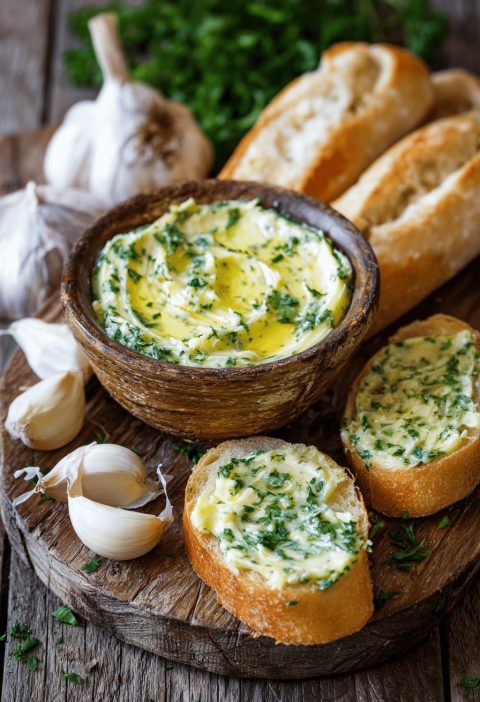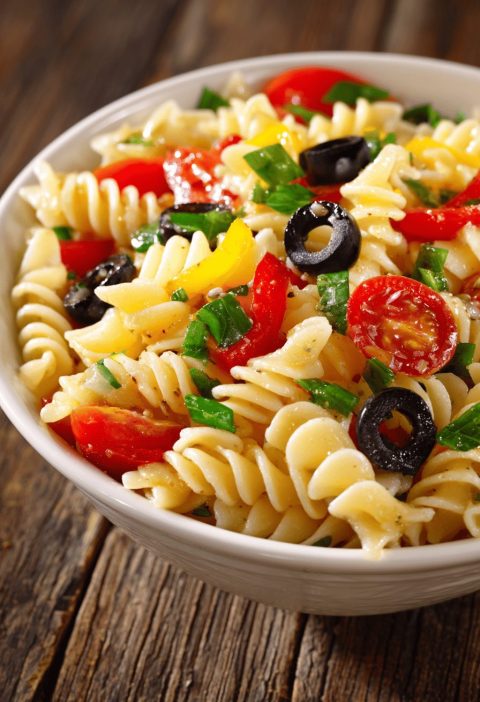Would you like to save this?
Living with roommates often means encountering some unconventional habits, especially when it comes to household chores. One common issue that sparks debates is using dish soap as a substitute for laundry detergent. While it may seem like a quick solution to avoid buying detergent, the truth is that dish soap and laundry detergent are not interchangeable. If you’re skeptical about your roommate’s insistence that “it’s all the same,” you’re right to be concerned.
Using dish soap in the washing machine isn’t just an issue of convenience—it can lead to real problems, from damaging clothes and appliances to causing skin irritation. To avoid unnecessary trouble, it’s essential to understand the differences between these products and the potential risks involved. This article will help you make informed decisions and, hopefully, convince your roommate to stick with laundry detergent where it belongs.
Key Differences Between Dish Soap and Laundry Detergent
Chemical Composition
The main distinction between dish soap and laundry detergent lies in how they are formulated. Laundry detergent is designed specifically for fabrics, containing enzymes and surfactants that remove dirt, oils, and odors while preserving fabric quality. It is also pH-balanced to be gentle on clothes and skin. In contrast, dish soap contains harsher agents formulated to cut through grease, which can be damaging to fabrics over time.
Foaming Action
Dish soap produces a lot of foam, which is great for washing dishes by hand but problematic for washing machines. High-efficiency washers, in particular, are designed for low-foaming detergents, and excess suds can confuse their sensors, causing errors or shutdowns. Even in standard washers, too much foam can clog the system and cause leaks or build-up over time, leading to costly repairs.
Residue and Rinsing Issues
Laundry detergent is formulated to rinse out completely, preventing any residue from remaining on clothes. Dish soap, however, can leave a film on fabrics, making them feel stiff or greasy. This residue can attract dirt more easily, meaning you’ll end up washing your clothes more frequently.
Potential Risks of Using Dish Soap in Laundry
Machine Damage
Excessive sudsing can cause overflow, water leaks, and soap scum build-up in washing machines. In high-efficiency models, it may also trigger error codes and even void warranties. Repairs or replacements caused by improper use can quickly become more expensive than simply buying laundry detergent.
Fabric Damage
Dish soap is harsh on most fabrics. Over time, it can degrade fibers, cause colors to fade, or leave clothes more prone to tearing or shrinking. Fragrances or dyes in dish soap may also stain lighter fabrics, further damaging your clothing.
Skin Irritation
Residual dish soap left on clothes can irritate sensitive skin or exacerbate conditions like eczema. Laundry detergents are specifically designed to rinse out completely to prevent these issues. If your clothes retain soap residue, wearing them could become uncomfortable or even harmful.
What to Do Instead: Safe Alternatives to Laundry Detergent
If you’ve run out of detergent, there are better alternatives than dish soap. Laundry strips or pods are compact, easy to store, and pre-measured, making them a more convenient and safer option. Baking soda or vinegar can also freshen clothes and remove odors in a pinch, though they won’t replace detergent entirely. For small loads, hand washing with mild soap like Castile soap is a safer solution than using dish soap.
Final Thoughts
While using dish soap for laundry might seem like a harmless shortcut, the risks far outweigh the convenience. From damaging clothes and washing machines to causing skin irritation, the consequences aren’t worth it. Laundry detergents are designed for fabrics, ensuring a safe and effective wash without harmful residues.
If your roommate insists on using dish soap, share these insights to help them understand the risks. Suggest affordable alternatives like laundry strips or pods to avoid future disagreements. Making the right choices will protect your clothes, your washing machine, and your health, all while keeping household harmony intact.







